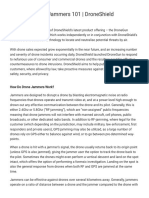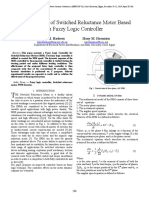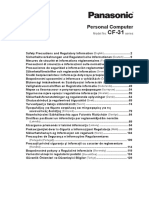0% found this document useful (0 votes)
33 views13 pagesDAA Practical Question
The document discusses helping a friend with calculating the minimum cost to connect cities using Prim's algorithm. It then discusses implementing the same problem using Kruskal's algorithm. It also discusses finding the maximum cost to connect cities by constructing the most expensive roads first.
Uploaded by
mishaverma433Copyright
© © All Rights Reserved
We take content rights seriously. If you suspect this is your content, claim it here.
Available Formats
Download as PDF, TXT or read online on Scribd
0% found this document useful (0 votes)
33 views13 pagesDAA Practical Question
The document discusses helping a friend with calculating the minimum cost to connect cities using Prim's algorithm. It then discusses implementing the same problem using Kruskal's algorithm. It also discusses finding the maximum cost to connect cities by constructing the most expensive roads first.
Uploaded by
mishaverma433Copyright
© © All Rights Reserved
We take content rights seriously. If you suspect this is your content, claim it here.
Available Formats
Download as PDF, TXT or read online on Scribd
/ 13























































































